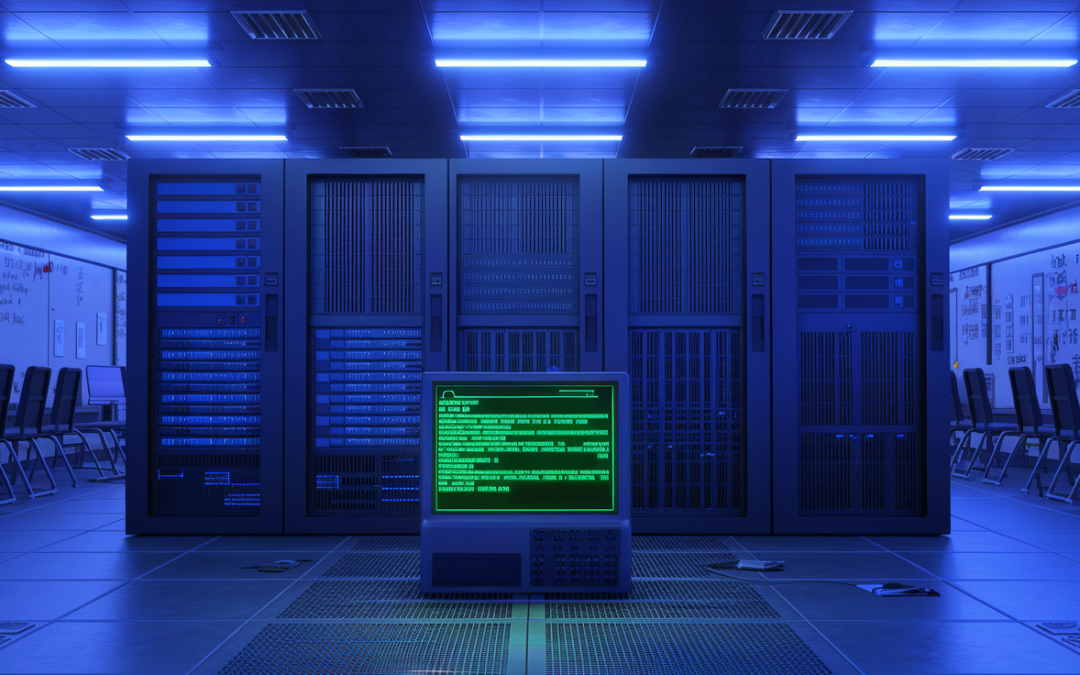The European High Performance Computing Joint Undertaking has announced the results of the call launched last September for the creation of the first European AI Factories. The IT4LIA AI Factory project, proposed by Italy with the participation of Austria and Slovenia, was selected. The initiative is co-funded by the Italian Ministry of Universities and Research, the National Cybersecurity Agency (ACN), the Emilia-Romagna Region, the CINECA consortium, the National Institute for Nuclear Physics (INFN), the ItaliaMeteo Agency, the Italian Institute of Artificial Intelligence for Industry (AI4I), and the Bruno Kessler Foundation (FBK). The project, coordinated as the hosting entity by CINECA, also involves other national institutions, including the ICSC Foundation – Italian Research Center on HPC, Big Data, and Quantum Computing.
This achievement marks a significant success for Italy, highlighting the power of unified efforts among institutions and research bodies to strategically develop artificial intelligence. The initiative will not only strengthen the country’s technological ecosystem but also provide a substantial boost to Italy’s competitiveness and economic resilience.
At the heart of the project is the creation of an advanced supercomputer, optimized for artificial intelligence, to be installed at the Tecnopolo Manifattura in Bologna—a European hub for supercomputing, big data, AI, and quantum computing. This infrastructure, among the most powerful in the world, will become a strategic asset for positioning Italy as a leader in AI computing in Europe. The project also includes the development of applications and services aimed at building an ecosystem that supports businesses.
The IT4LIA AI Factory project represents a milestone in a strategy initiated in 2017 to position Italy at the forefront of technological innovation. The AI Factory will have a transformative impact on strategic sectors of the national economy, such as agrifood, cybersecurity, climate and earth sciences, mitigation of risks from extreme weather events, and manufacturing. Through a one-stop-shop organizational model, the initiative will simplify access to innovative, high-value services, fostering collaboration among researchers, startups, and SMEs while promoting a more interconnected and dynamic economy.
The project involves a total investment of approximately €430 million, equally co-funded by Italy and the EuroHPC Joint Undertaking. Cineca will oversee the coordination of the project, managing the implementation of the supercomputer and associated infrastructures.
The selection of the Italian project marks a pivotal moment for technological innovation, demonstrating that the synergy of expertise and strategic vision can generate lasting benefits for both Italy and Europe. The initiative will expand and strengthen Italy’s supercomputing ecosystem, currently being developed by the ICSC – National Research Center for HPC, Big Data, and Quantum Computing, leveraging the Emilia-Romagna innovation ecosystem as a launchpad for a project with national and international impact.
“This is a team success and a tremendous opportunity for our country,” stated Francesco Ubertini, President of Cineca. “With IT4LIA AI Factory, Italy affirms itself at the center of European technological development. We are proud to provide cutting-edge infrastructure that will support the growth of startups, SMEs, and entire industrial sectors. This is a victory for Italian innovation and the future of artificial intelligence in Europe.”
Antonio Zoccoli, President of INFN and the ICSC Foundation, remarked, “The financial commitment that enabled Italy to compete as the host for one of the upcoming European AI Factories brings the total investment in cutting-edge computing resources to approximately €1 billion over recent years. This unprecedented investment in Italy’s modern history has been recognized by the European Commission’s decision, which also acknowledges the progress made by the National ICSC Center in creating a competitive and attractive HPC ecosystem. With the AI Factory, this ecosystem will significantly enhance its ability to provide innovative solutions to the needs of research, the productive sector, and public administration, both nationally and across Europe, while training the next generation of Data and AI specialists.”
Irene Priolo, Acting President of the Emilia-Romagna Region, and Vincenzo Colla, Regional Councilor for Economic Development, emphasized, “Emilia-Romagna has received another extraordinary recognition, confirming itself as an international-level Data Valley. Investing in digital innovation ahead of other regions allows us to lead the challenge of artificial intelligence—a digital frontier that will provide immense added value to the development and research projects of both businesses and public and private research centers. The Tecnopolo Manifattura reaffirms itself as a cutting-edge infrastructure, unique in Europe, enabling our country to compete with the world’s most advanced regions.”
Carlo Cacciamani, Director of ItaliaMeteo, expressed satisfaction with this result, highlighting the partnership’s significance: “ItaliaMeteo’s participation in IT4LIA AI Factory as the national meteorological service represents an excellent opportunity to lead the development of AI-based meteorological and marine applications, strengthening Italy’s international role.”
Fabio Pammolli, President of AI4I, stated, “The European Commission’s decision sends a vital signal for Italy and the European economy, underscoring the urgent need for significant investment in computational infrastructures to boost technology transfer rates and maintain competitiveness with the U.S. and China. AI4I is ready to act as the implementing body of the Italian AI Factory, providing comprehensive services to businesses.”
Ferruccio Resta, President of the Bruno Kessler Foundation, concluded, “FBK is proud to contribute to IT4LIA AI Factory with its excellence in AI research and innovation. We will focus on AI for agritech, developing solutions to enhance the resilience and competitiveness of Italian agrifood supply chains and accelerating the adoption of AI and robotics in agriculture.”


